Gastrointestinal surgery-Minimal Invasive Surgery
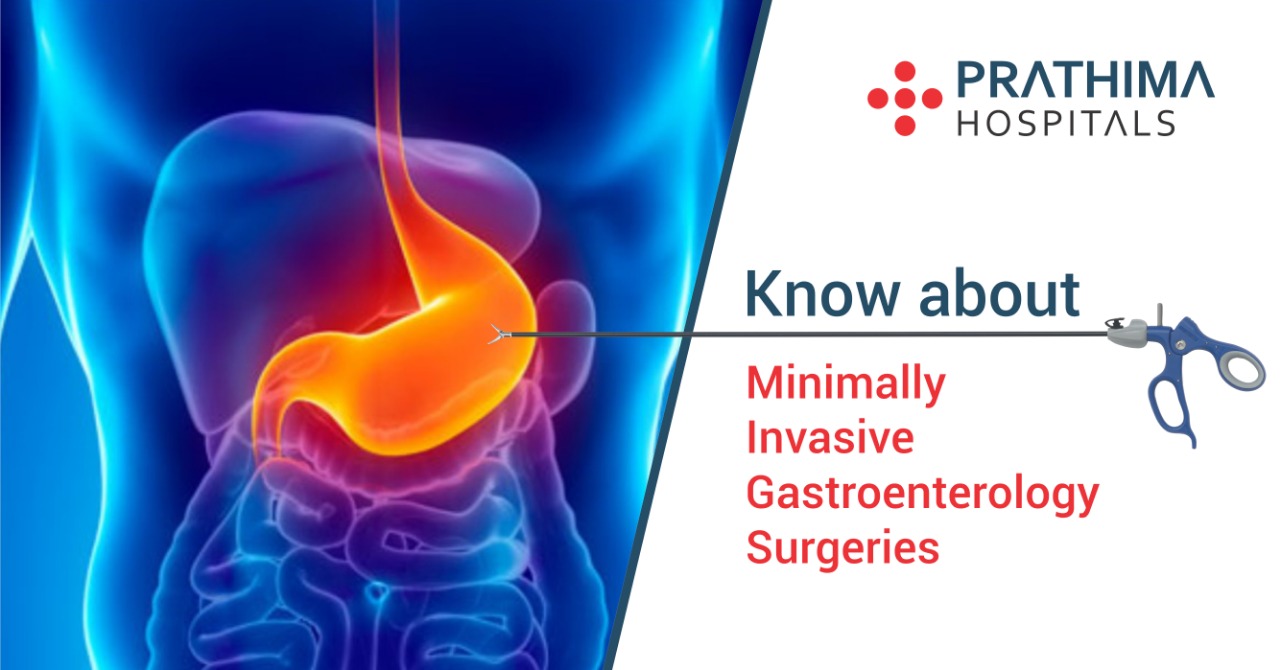
Gastrointestinal surgery is a treatment for diseases of the parts of the body related to the digestive stomach. The gastrointestinal includes the esophagus, stomach, small intestine, large intestine, and rectum. It also includes the liver, gallbladder, and pancreas, any repair to these parts can be treated with the advanced technique by minimally invasive surgery, it is an alternative to traditional “open” surgery during which an oversized incision is created. In the minimally invasive surgery, the doctor inserts a thin tube with a tiny camera into the body to see inside organs and relevant treatment is to be provided. If the matter is with the abdomen or passage, the doctor puts the scope through the esophagus. To check for carcinoma or different issues of the intestines, the doctor puts the scope through the anus into the intestine.
Our surgeons provide patients with minimally invasive options according to the severity of disease and according to the conditions to be treated and our surgeons use laparoscopic surgery to make incisions only millimetre’s in size, these small incisions create a passageway for special surgical instruments and for a laparoscope. An endoscope is a fiber-optic instrument that’s inserted within the wall. This device transmits pictures from among the body to a video monitor, permitting the doctor to visualize the operative space on the screen.
Advantages to the minimally invasive approach include:
Following are the advantages to the patient through minimally invasive surgery for gastrointestinal issues; some of them are listed below:
- Quicker recovery
- Quicker return to normal activities and work
- Shorter hospital stay
- Reduced rate of infection
- Reduced recurrence rate
- Minimal scarring
Prathima hospital at Hyderabad provides comprehensive care for patients with diseases of the gastrointestinal tract and features a highly experienced team of doctors who specialize in treating the most complex cases with well-experienced surgeons having the knowledge of advanced techniques.
In our hospital, we use the most advanced laparoscopic techniques to treat all types of gastrointestinal and other general surgery-related illnesses and their advantages include quicker recovery and shorter hospital stays, as well as a significantly reduced risk of infection which are basic needs of each individual patient and we taking care of patients, is our basic priority.
List of Procedures – Dept of Surgical Gastroenterology &
Minimal Access Surgery
UPPER GI SURGERY (Stomach and Esophagus)
- Laparoscopic Fundoplication (for Gastroesophageal reflux disease)
- Laparoscopic Nissen’s fundoplication
- Laparoscopic Toupet / Dor fundoplication
- Laparoscopic Heller’s cardiomyotomy (for Achalasia cardia)
- Laparoscopic Esophagectomy for
- Sigmoid Esophagus (End stage Achalasia Cardia)
- Corrosive and peptic stricture of Esophagus
- Laparoscopic Management of Hiatal Hernia / Paraesophageal Hernia
- Laparoscopic Excision of Benign Esophageal lesions like leiomyomas
- Laparoscopic Truncal Vagotomy with Gastrojejunostomy for Benign GOO
- Laparoscopic Antrectomy/Billroth 1 for complicated peptic ulcer disease
- Laparoscopic transgrastric surgery for benign lesions of stomach.
- Laparoscopic Surgery for gastric volvulus.
- Laparoscopic Excision of GIST of Stomach
- Laparoscopic Feeding Jejunostomy
SHAPE \* MERGEFORMAT
COLORECTAL SURGERY & PROCTOLOGY (Colon, Rectum and Anal Canal)
Colonic Surgery for Polyps, Diverticula, Volvulus, Stricture, Fistula
- Laparoscopic Right Hemicolectomy
- Laparoscopic Left Hemicolectomy
- Laparoscopic Anterior Resection
- Laparoscopic Low Anterior Resection
- Laparoscopic Ultra low Anterior Resection
- Laparoscopic Abdomino-perineal resection (APR)
Surgery for Rectal Prolapse
- Laparoscopic Posterior Mesh Rectopexy
- Laparoscopic Sigmoidectomy
- Laparoscopic Anterior Resection
Familial Adenomatous polyposis/Inflammatory bowel disease
- Laparoscopic Total Procto colectomy with ileal pouch anal anastomosis
- Laparoscopic Total Procto colectomy with permanent ileostomy
Perineal procedures (for Piles, Fissure and Anal Fistula)
- Harmonic and Ligasure Haemorrhoidectomy
- Lateral Anal Sphincterotomy
- Stapler Haemorhoidopexy Video Assisted
- Anal Fistula Treatment – LIFT for Fistula in Ano
HEPATO-PANCREATO-BILIARY SURGERY (LIVER, GALL BLADDER, PANCREAS & SPLEEN)
- Laparoscopic Cholecystectomy (Gall Stone Disease)
- Laparoscopic CBD Exploration – for Bile Duct Stones
- Laparoscopic management of Bile Duct injury
- Hydatid Cyst – cyst / liver Excision
- Choledochal Cyst Excision
- Liver abscess drainage
- Liver Trauma Management
- Laparoscopic Cystogastrostomy and Cystojejunostomy (for Pseudocyst of Pancreas)
- Surgery for Chronic Pancreatitis
- Laparoscopic Splenectomy (for Trauma, Spleen tumours, Blood disorders)
- Surgery for Portal Hypertension (Splenectomy with Spleno-Renal Shunt, Esophago-Gastric Devascularisation)
HERNIA SURGERY
- Laparoscopic Management of Diaphragmatic Hernia
- Laparoscopic IPOM Plus (for Ventral Hernia, Umbilical Hernia, Supra-pubic Hernia, Incisional Hernia)
- Laparoscopic TEP / TAPP (for Inguinal Hernia)
- Laparoscopic Management of Diaphragmatic Hernia
- Laparoscopic IPOM Plus (for Ventral Hernia, Umbilical Hernia, Supra-pubic Hernia, Incisional Hernia)
- Laparoscopic TEP / TAPP (for Inguinal Hernia)
BARIATRIC & METABOLIC SURGERY (Obesity, Diabetes)
- Laparoscopic Sleeve Gastrectomy
- Laparoscopic Roux-en-y Gastric Bypass (RYGB)
- Laparoscopic Mini Gastric Bypass (MGB)
SURGERY FOR DIGESTIVE CANCERS
- Laparoscopic Surgery for Cancer of Esophagus
- Thoracolap Esophagectomy (Iwor Lewis / McKeown)
- Laparoscopic Transhiatal Esophagectomy
- Laparoscopic Surgery for Cancer of Stomach
- Laparoscopic Distal / Sub-total Gastrectomy
- Laparoscopic Total Gastrectomy for Carcinoma Stomach.
- Laparoscopic palliatve Gastrojejunostomy for Malignant GOO
- Laparoscopic Surgery for Colon Cancer
- Laparoscopic Right Hemicolectomy
- Laparoscopic Extended Radical Right Hemicolectomy
- Laparoscopic Subtotal colectomy for Cancer of Transverse colon
- Laparoscopic Left Hemicolectomy
- Laparoscopic Surgery for Rectum Cancer
- Laparoscopic Anterior Resection
- Laparoscopic Low Anterior Resection
- Laparoscopic Ultra low Anterior Resection
- Laparoscopic Abdomino-perineal resection (APR)
- Surgery for Cancers of Hepato-Pancreato-Biliary System
- Radical Cholecystectomy for Gall bladder Malignancy
- Liver resection for Liver cancer
- Laparoscopic Distal Pancreatectomy (for Tumors of Distal Pancreas)
- Whipple’s Operation (Pancreatico duodenectomy, for Pancreas cancer)

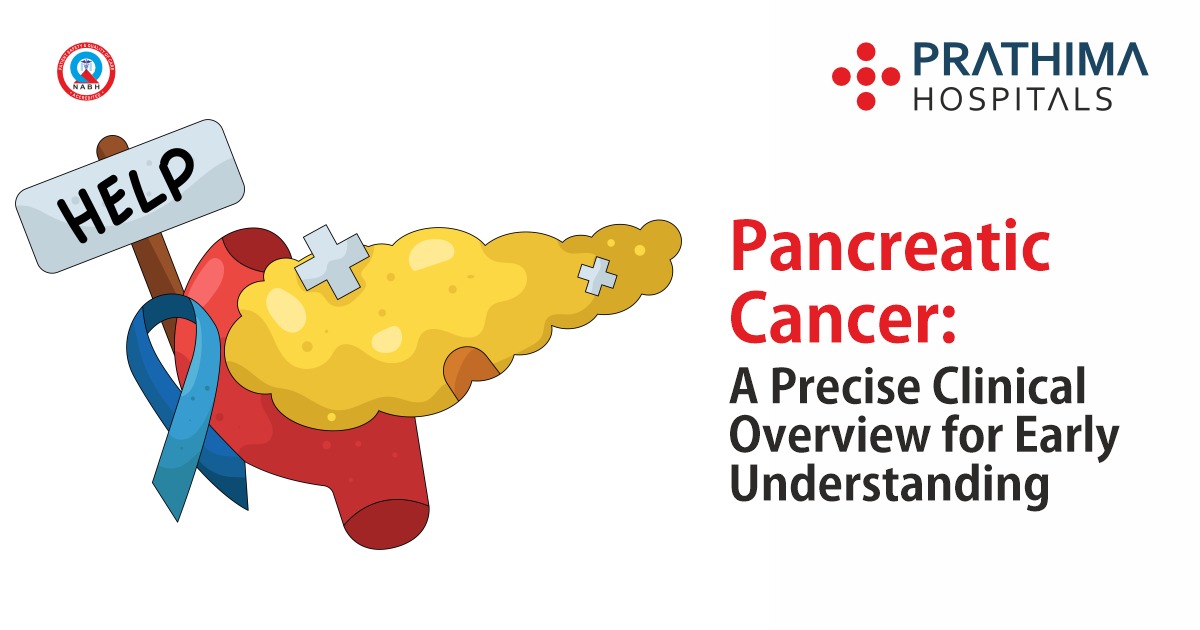
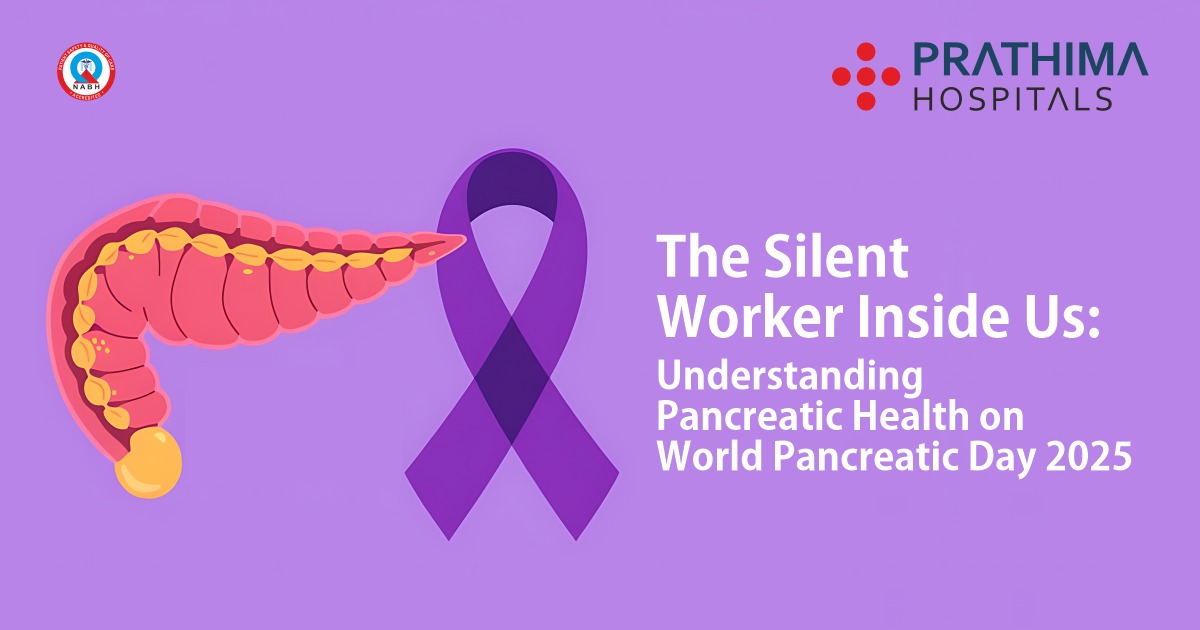
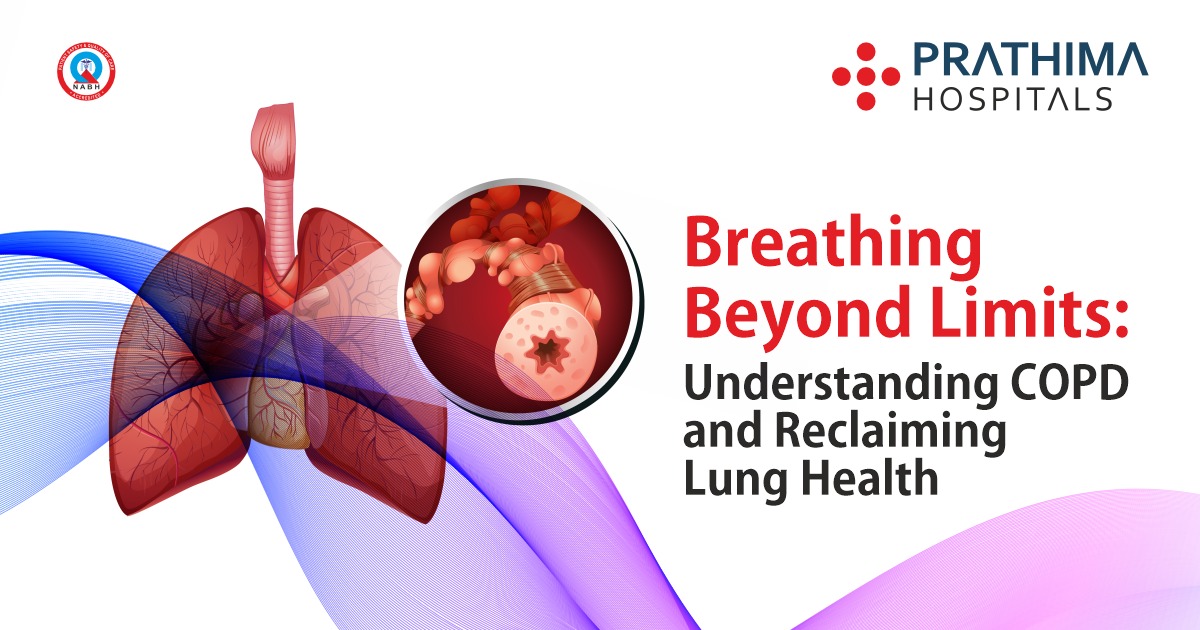
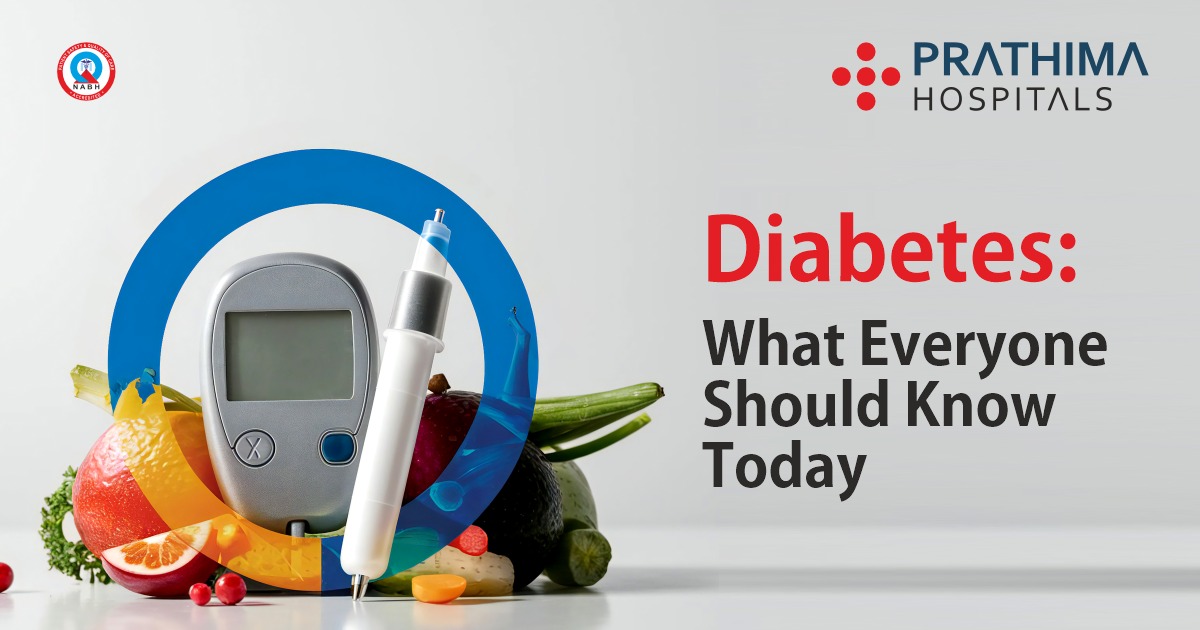

Warning: Undefined variable $req in /home/u885608126/domains/prathimahospitals.com/public_html/wp-content/themes/prathimahospitals/functions.php on line 294
Warning: Undefined variable $commenter in /home/u885608126/domains/prathimahospitals.com/public_html/wp-content/themes/prathimahospitals/functions.php on line 295
Warning: Trying to access array offset on value of type null in /home/u885608126/domains/prathimahospitals.com/public_html/wp-content/themes/prathimahospitals/functions.php on line 295
Warning: Undefined variable $aria_req in /home/u885608126/domains/prathimahospitals.com/public_html/wp-content/themes/prathimahospitals/functions.php on line 295
Warning: Undefined variable $req in /home/u885608126/domains/prathimahospitals.com/public_html/wp-content/themes/prathimahospitals/functions.php on line 298
Warning: Undefined variable $commenter in /home/u885608126/domains/prathimahospitals.com/public_html/wp-content/themes/prathimahospitals/functions.php on line 299
Warning: Trying to access array offset on value of type null in /home/u885608126/domains/prathimahospitals.com/public_html/wp-content/themes/prathimahospitals/functions.php on line 299
Warning: Undefined variable $aria_req in /home/u885608126/domains/prathimahospitals.com/public_html/wp-content/themes/prathimahospitals/functions.php on line 300
Warning: Undefined variable $commenter in /home/u885608126/domains/prathimahospitals.com/public_html/wp-content/themes/prathimahospitals/functions.php on line 303
Warning: Trying to access array offset on value of type null in /home/u885608126/domains/prathimahospitals.com/public_html/wp-content/themes/prathimahospitals/functions.php on line 303